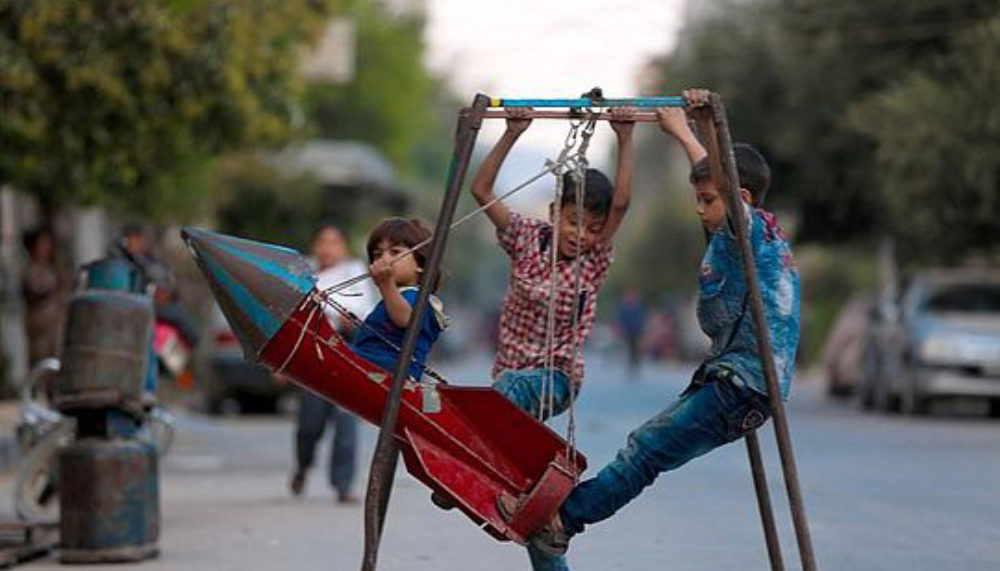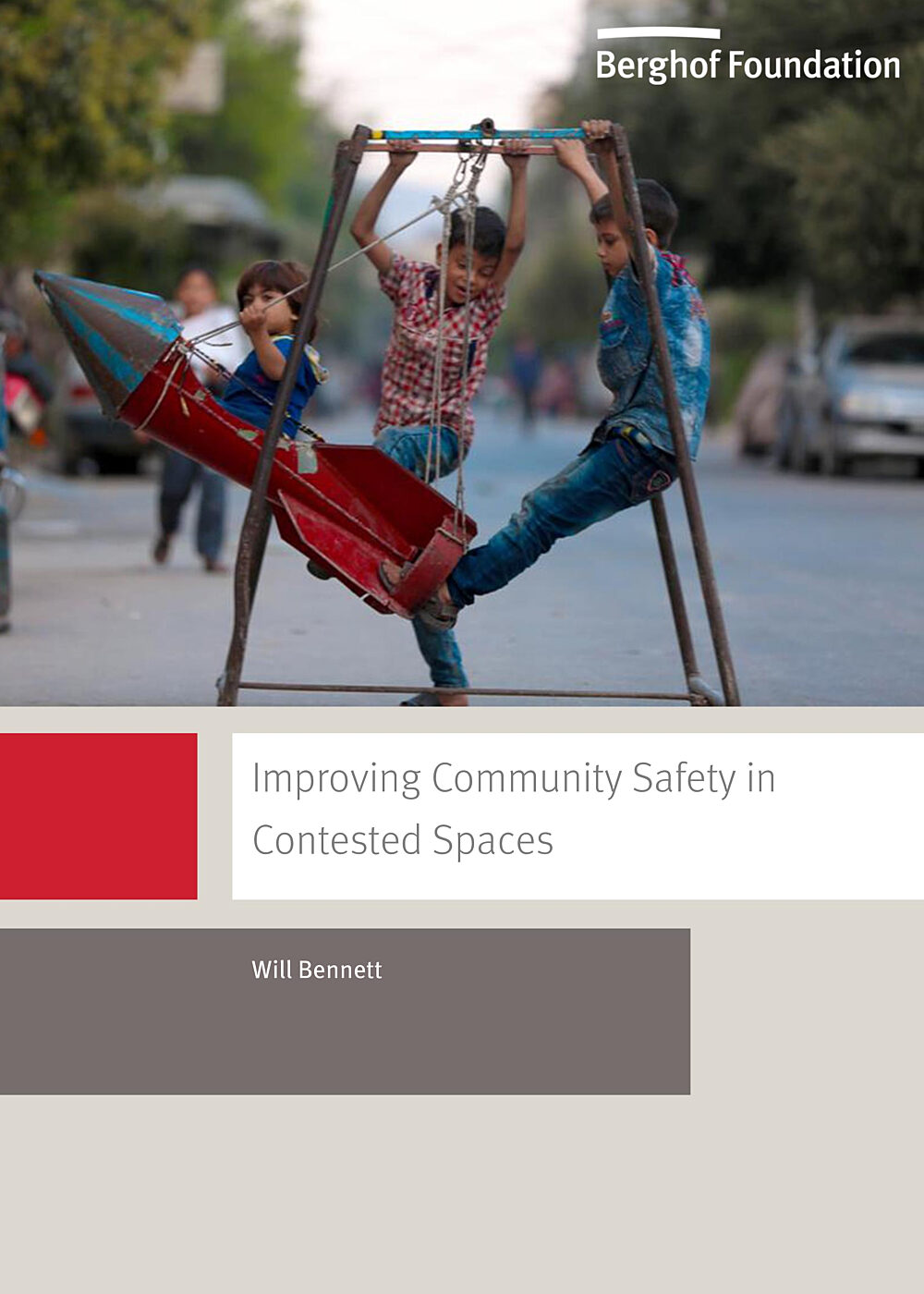FEATURE | 23 Jul 2019
New handbook on improving community safety in conflict settings

What does it mean to feel safe? Is it not being afraid to walk home at night? Or is it the ability to provide food for your family?
What does it mean to feel safe? Is it not being afraid to walk home at night? Or is it the ability to provide food for your family? Or is it not having to worry about physical attacks or robbery? Safety means many different things to people.
Especially in areas of conflict and fragile states, insecurity is rife. Multiple armed actors compete for power, state institutions collapse and there is little to no institutional capacity for re-building security infrastructure.

Community safety approaches attempt to improve human security and contribute to peace by bringing people from different backgrounds and institutions together to discuss and address pervasive – and often shared – sources of insecurity.
Our new handbook offers suggestions how civil society actors operating in contested spaces and conflict settings can help provide safety for their communities. It outlines the key principles of the community safety approach as well as provides practical guidance on how to identify and prioritise security challenges, and how to plan and implement strategies to counter them. The handbook also provides examples of community safety work from all over the world. It for instance explains how community efforts to make roads safer in Central Asia was a gateway to tackle more profound sources of insecurity.
Although every conflict context is different and requires a unique approach, the tools and examples in this handbook are meant to inspire and support local practitioners in developing their own ideas on how to respond to people’s security challenges in their environment.
The handbook was originally developed for civil society actors in Syria, but it can also be used in other contexts. The handbook is also available in Arabic here.
Media contact
You can reach the press team at:
+49 (0) 177 7052758
email hidden; JavaScript is required


